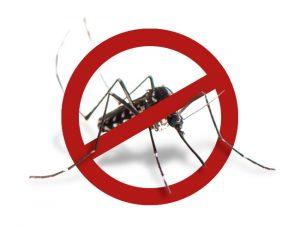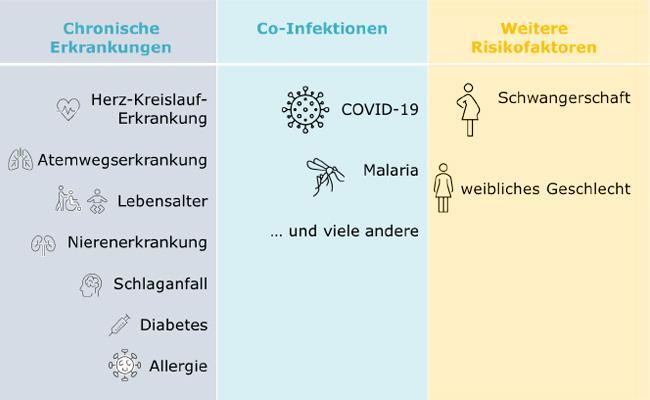Vaccination against dengue fever in
of our practice in Munich.

We inform and vaccinate against dengue fever in Munich.
Below, we provide information on the protective measures you can take against infection/illness.
On the one hand, avoiding stings is a very effective protection.
However, the safest way is vaccination.
We will be happy to advise you on this in our practice in Munich.
In our practice in Munich, we usually have all travel medicine vaccines in stock.
Protection against dengue mosquitoes
Aedes mosquitoes are mainly diurnal. Avoiding stings is effective protection. No sting, no dengue fever.
As basic measures …
Wearing long, light-coloured, lightweight clothing and staying in mosquito-proof rooms is recommended. Air conditioning, closed windows or fly screens offer good protection. In addition, mosquito nets are particularly useful at night, especially in simple conditions. Nets made of synthetic materials (e.g. nylon) are much lighter and more space-saving than cotton nets, do not tend to mat and take on almost no foreign odours. A narrow mesh size of maximum 2mm, ideally 1.2mm, is important. It makes sense to use impregnated mosquito nets (e.g. with permethrin) or to impregnate them afterwards.
Repellents/skin protection:
Chemical mosquito protection in the form of creams, sprays or gels (repellents) has an excellent effect with very good tolerability, but should always be applied in sufficient quantity according to the manufacturer’s instructions and in good time. Depending on the active ingredient, the protection lasts a maximum of 6 to 8 hours, whereby the duration of action can be significantly reduced, especially in high humidity, heavy sweating or stays in water. If repellents are used together with sunscreen or skin care products, the repellent should always be applied last.
Clothing:
Waterproofing clothes is a useful additional protection. Many products can also be used on pregnant women and young children. With a single impregnation, a protection duration of up to 4 weeks can be achieved against insects and also lasts after washing.
Protection by vaccination
A vaccination against dengue fever will be licensed and available in Germany from February 2023. Besides mosquito protection, vaccination is the safest way to prevent infection and its consequences.
Vaccine:
It is a recombinant, live attenuated vaccine directed against all four serotypes of the dengue virus.
Vaccination schedule:
Vaccination is given 2 times at an interval of 3 months. Data indicate that even the first dose has some effect.
Effectiveness:
Overall efficacy against dengue infection in the pivotal studies, regardless of prior infection, was 80%, and efficacy against hospitalization was 90%. Efficacy also depends on the circulating serotype and is predominantly based on serotypes 1 and 2.
We will gladly advise you
For this purpose, make an appointment for a travel medicine consultation in our practice in Munich.
Dengue fever
The disease
Dengue fever has been ranked by WHO as one of the top 10 threats to global health.
Here you will find common questions and answers about the disease.
<h2>Warning sign</h2>
<h3>for a severe dengue course are ...</h3>
Touch with the mouse pointer for more information.Persistent vomiting
Fast breathing
Gum bleeding
Fatigue
Unrest
Hematemesis
<h2>To a dengue fever</h2>
<h3>should always be thought of ...</h3>
Touch with the mouse pointer for more information.High fever >40° and at least 2 of the following symptoms:
Severe headache
Pain behind the eyes
Muscle and joint pain
Nausea
Vomiting
Swollen lymph nodes
Skin rash

